The world’s corporate powers wield a tremendous amount of influence on our daily lives. They largely determine which products or services we buy, they pressure lawmakers to pass favorable bills, and their missteps can have lasting consequences for anybody depending on the health of the global economy (which is pretty much all of us).
But does a company need to be real to be influential? Not really. From Acme Corp. to Stark Industries, fictional companies often reach out from imaginary universes to touch the real world, if only our conception of it. Here is TIME’s list of the most important companies that don’t actually exist. This list was assembled and deliberated on at length by TIME’s technology, business and culture teams. What did we miss?
1. Wonka Industries
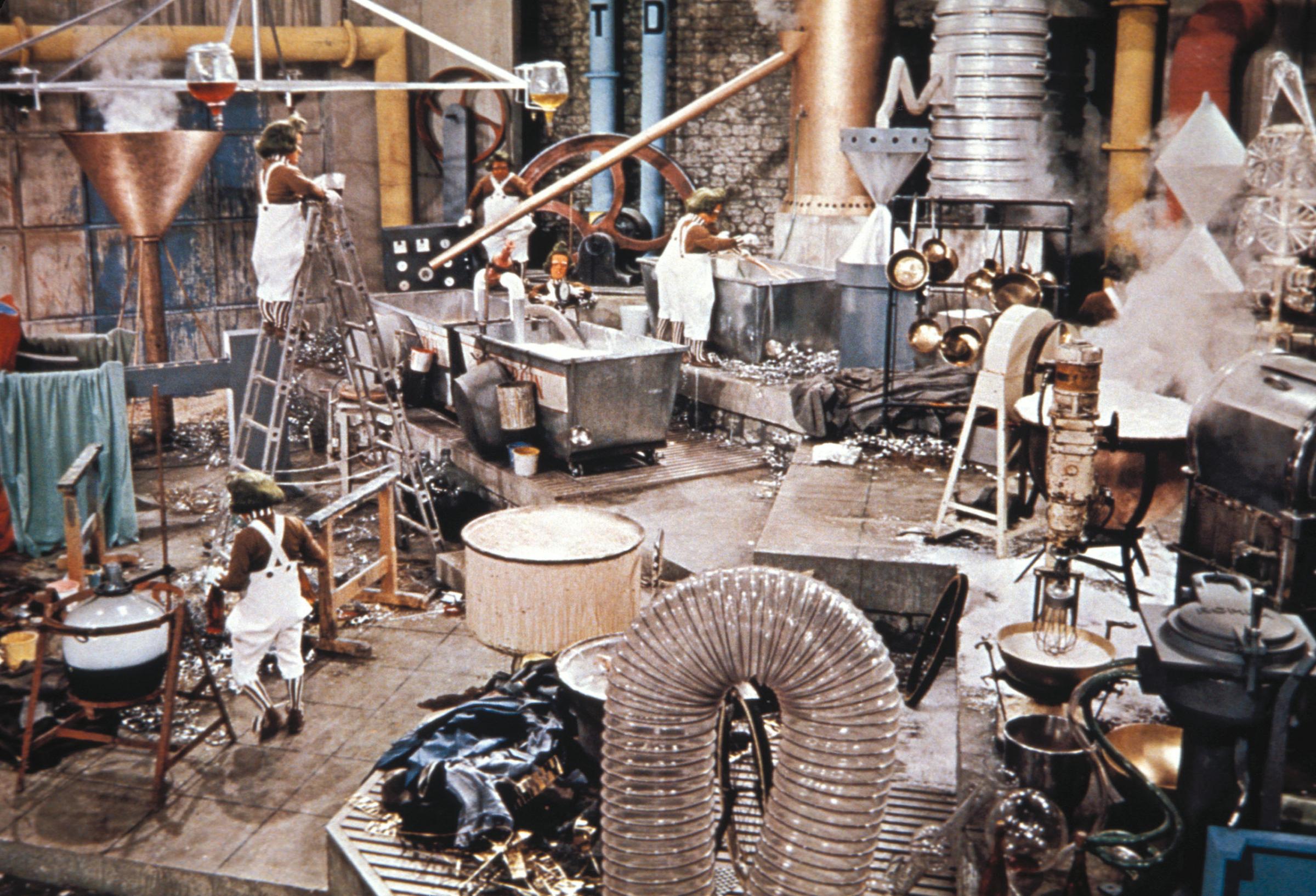
Few companies real or fictional have been able to evoke as much curiosity and fascination as Wonka Industries, the subject of Roald Dahl’s book, Charlie and the Chocolate Factory, from which the 1971 film was adapted. The factory became so iconic that Wonka-branded candy began to hit real store shelves soon after the movie’s release. Nestle acquired the Willy Wonka brand in 1988, and it still sells popular candies such as Nerds, Sweetarts, Runts, and Everlasting Gobstoppers under the name today.
2. Acme Corp.
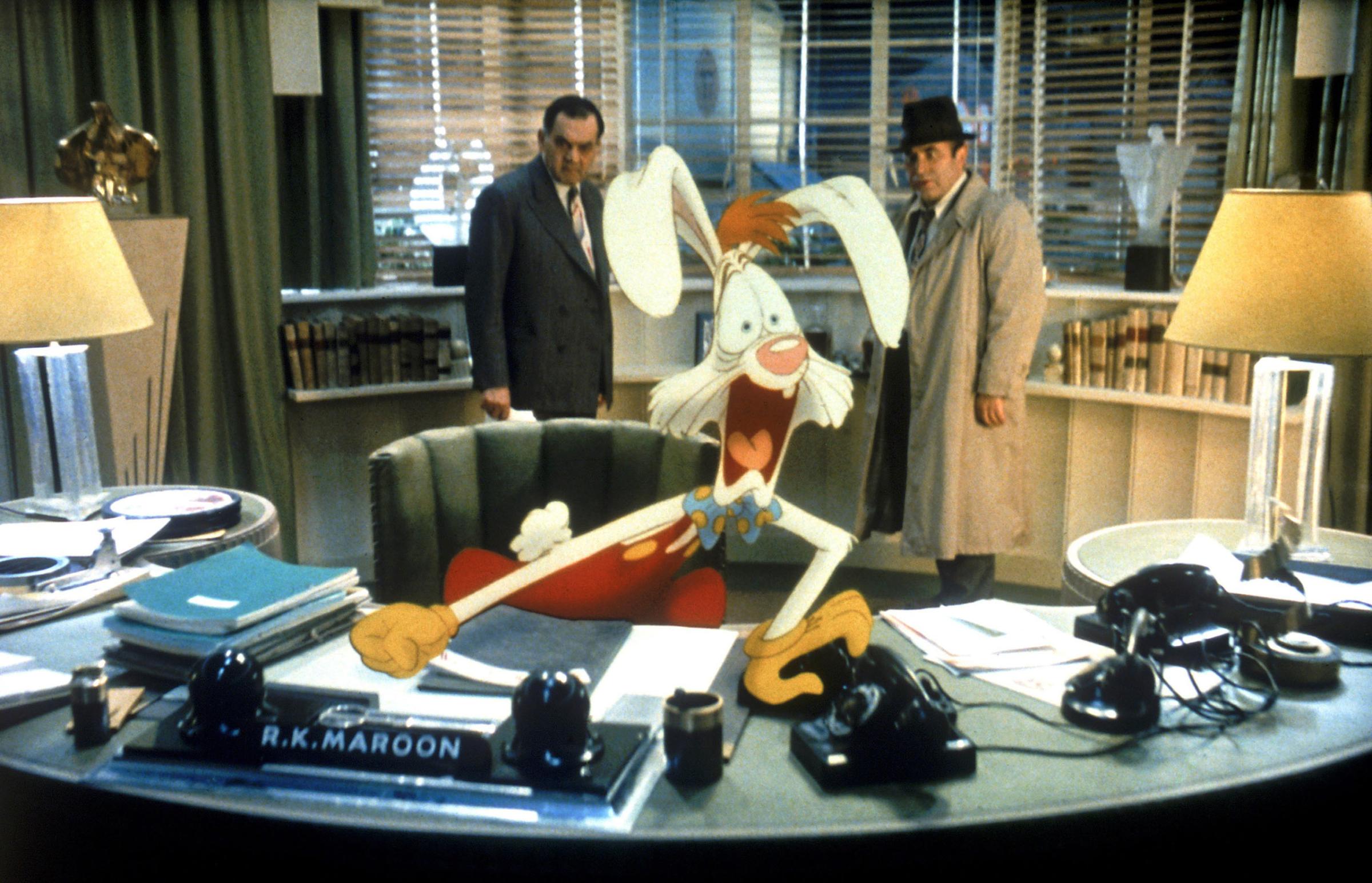
Producing everything from anvils to x-ray machines (with jet-propelled pogo sticks in between), this conglomerate within the Looney Tunes universe was hugely influential in the world of cartoons, as its owner Marvin Acme also owned Toontown, a suburb of Los Angeles where animated characters lived. Apocryphally an anagram for A Company that Makes Everything, Acme got its name because it’s typically the first company mentioned in the telephone directory for any kind of listing: auto mechanics, plumbers, pharmacies, et cetera. That lesson stuck with Amazon CEO Jeff Bezos: Originally named Cadabra, Bezos changed the name of his online store to Amazon before it launched in part because it would appear at the top of then-alphabetical online search listings.
3. Stark Industries
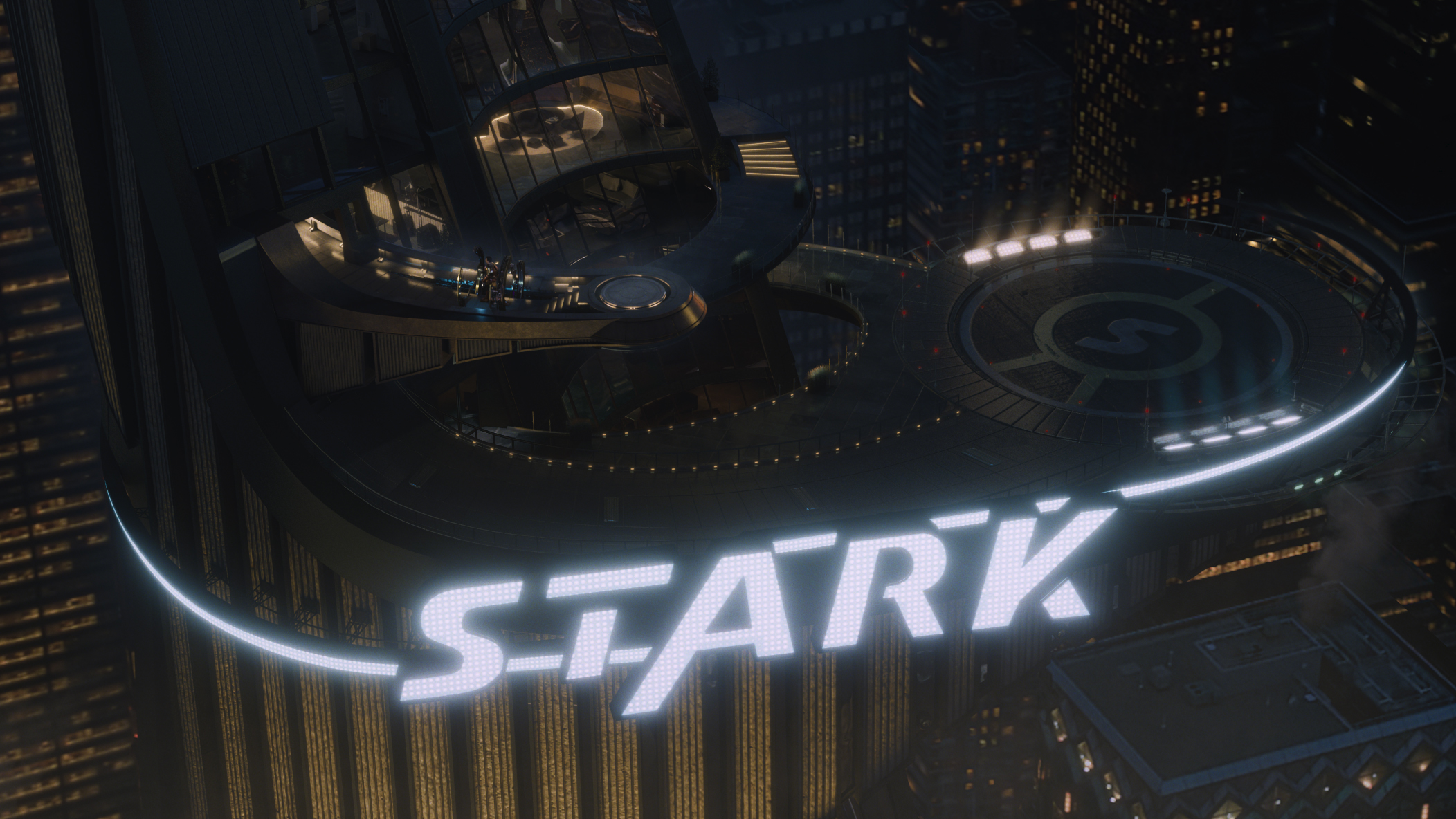
Owned and operated by Tony Stark (a.k.a. Iron Man), Stark Industries is among the foremost corporate powers in the Marvel comic universe. While originally a major weapons vendor, Stark later focused the company’s efforts on world-saving projects, like clean energy. That has led observers to connect Stark with Elon Musk, the real-world billionaire working on electric cars, space exploration and solar energy initiatives. (Actor Robert Downey, Jr., who plays Iron Man in the Marvel films, has said he modeled his performance on Musk.)
4. Ollivander’s Wand Shop
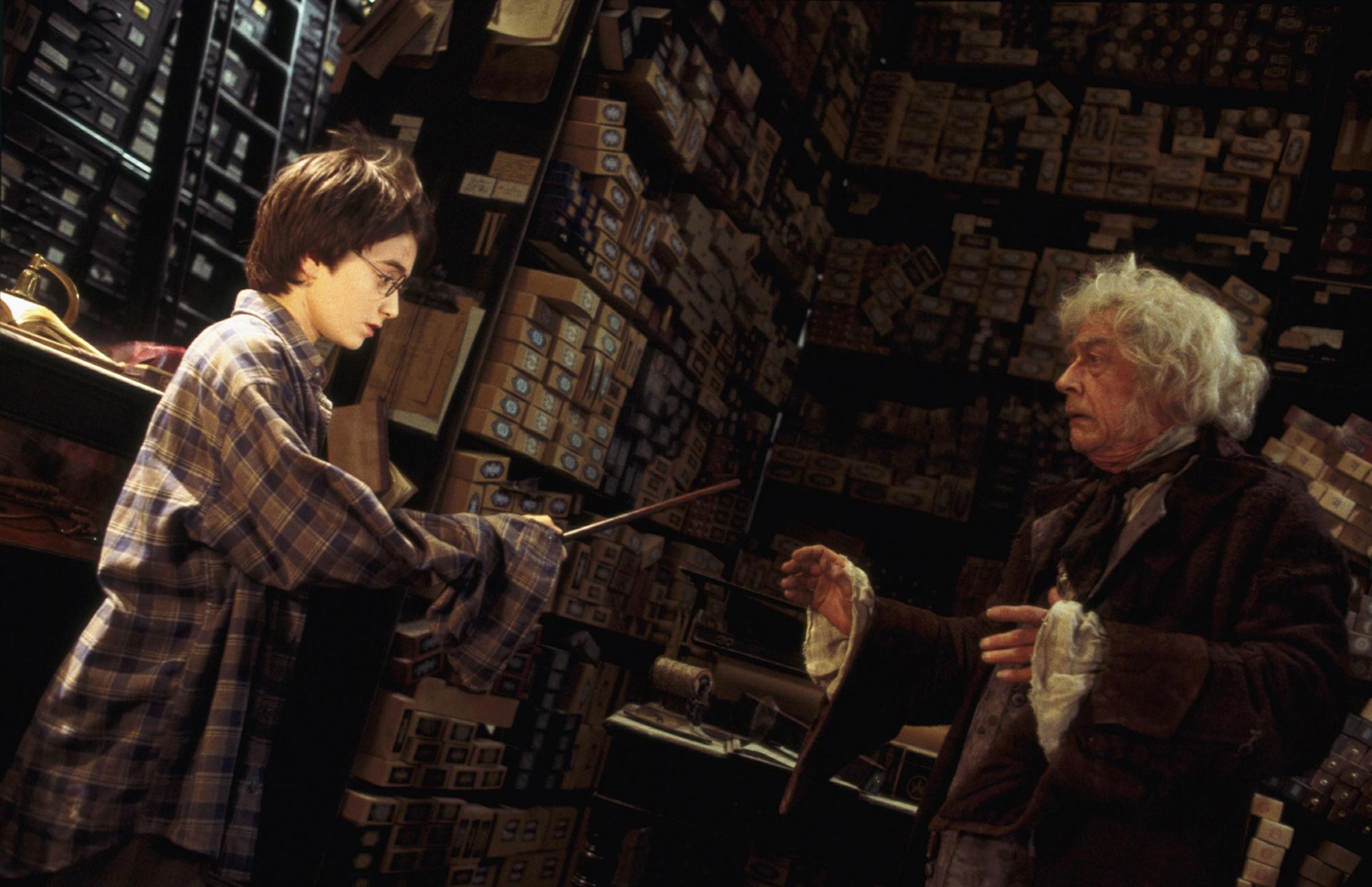
Since 382 B.C., Ollivanders wand shop has ranked among the best wandmakers in the wizarding world of J.K. Rowling. Indeed, the most powerful wands in the Harry Potter series were purchased at the shop in Diagon Alley. The shop does good business in the real world, too: Visitors to the outpost at Universal Studios in Orlando can purchase replicas of their favorite characters’ wands.
5. Gekko & Co
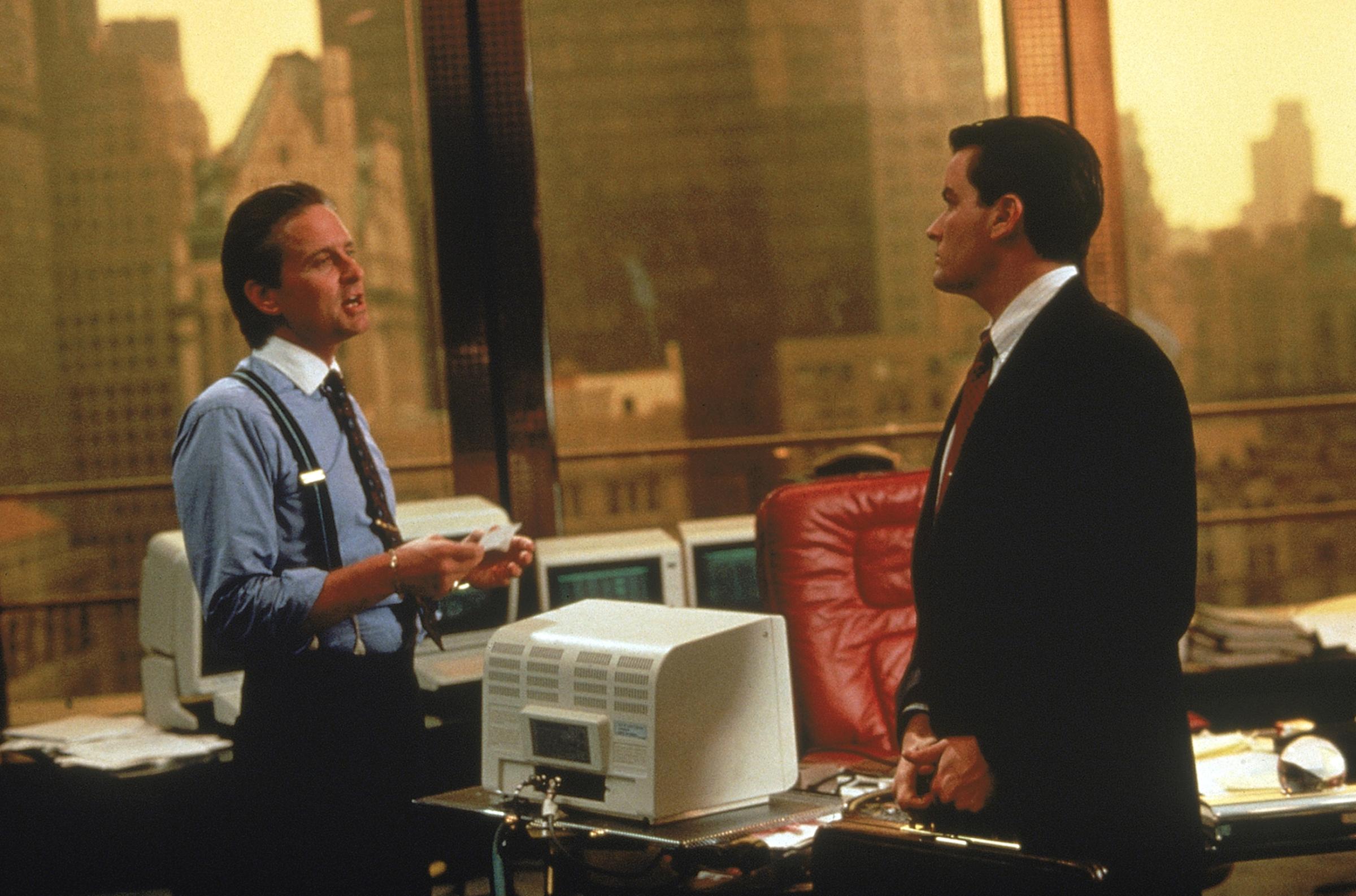
Laying waste to enemies and allies alike, Wall Street‘s Gordon Gekko epitomized the stereotypical 1980s pecuniary sociopath. As the CEO of fictional Wall Street firm Gekko & Co., Michael Douglas’ performance was so powerfully icky (he won a best actor Oscar) that he was asked at a 2008 United Nations gathering whether his character bore any responsibility for the global financial collapse. His famous “greed is good” speech from the film was reportedly inspired by an actual Wall Street arbitrageur’s own paean to avarice.
6. Wayne Enterprises
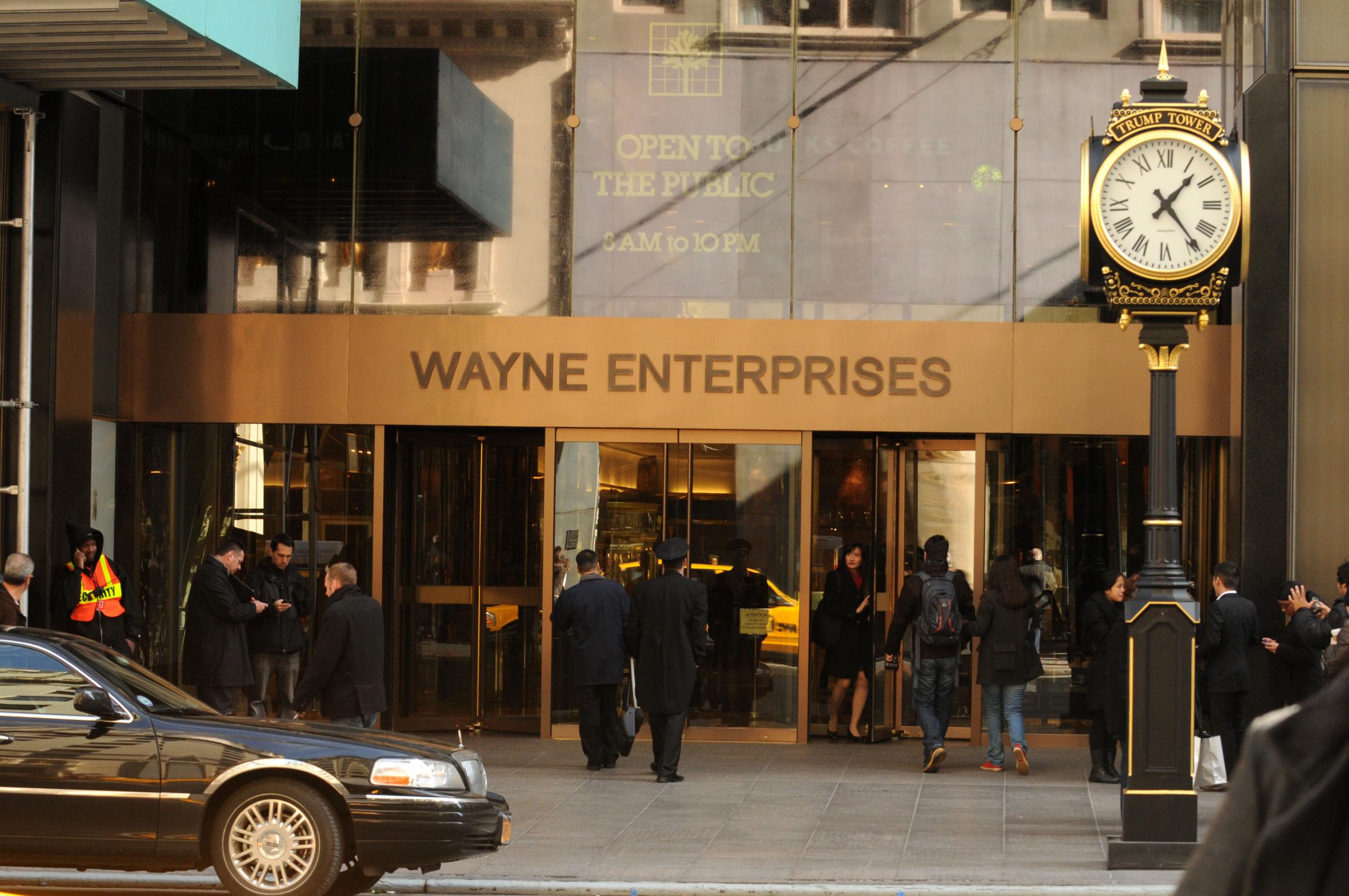
Let us be clear: Without Wayne Enterprises, there could be no Batman. A massive conglomerate in the D.C. comics universe, Wayne Enterprises’ profits and R&D work make possible the nocturnal crime-fighting activity of one Bruce Wanye, a.k.a. Batman, the company’s owner. That the company essentially gave rise to Gotham City means it should probably earn royalties every time you refer to the real-world New York as such.
7. Cyberdyne Systems
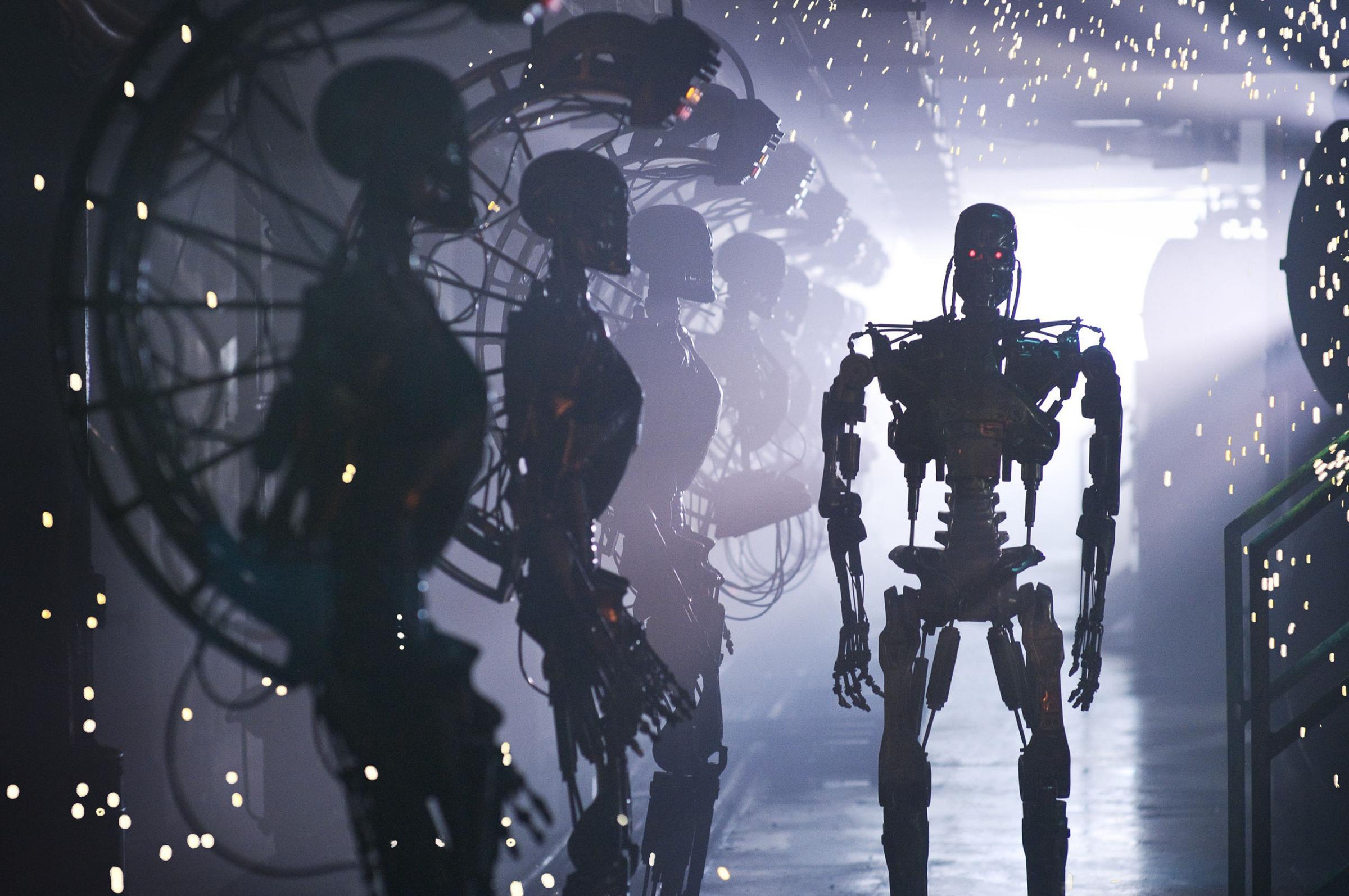
If you have ever jokingly referred to search giant Google as “Skynet,” you owe credit to Cyberdyne Systems. Set in the Terminator universe, the company created self-aware artificial intelligence intelligence software that plunged the world into warfare between man and machine. Perhaps anticipating the correlation, Google’s semi-official motto was once “Don’t Be Evil.”
8. Cheers
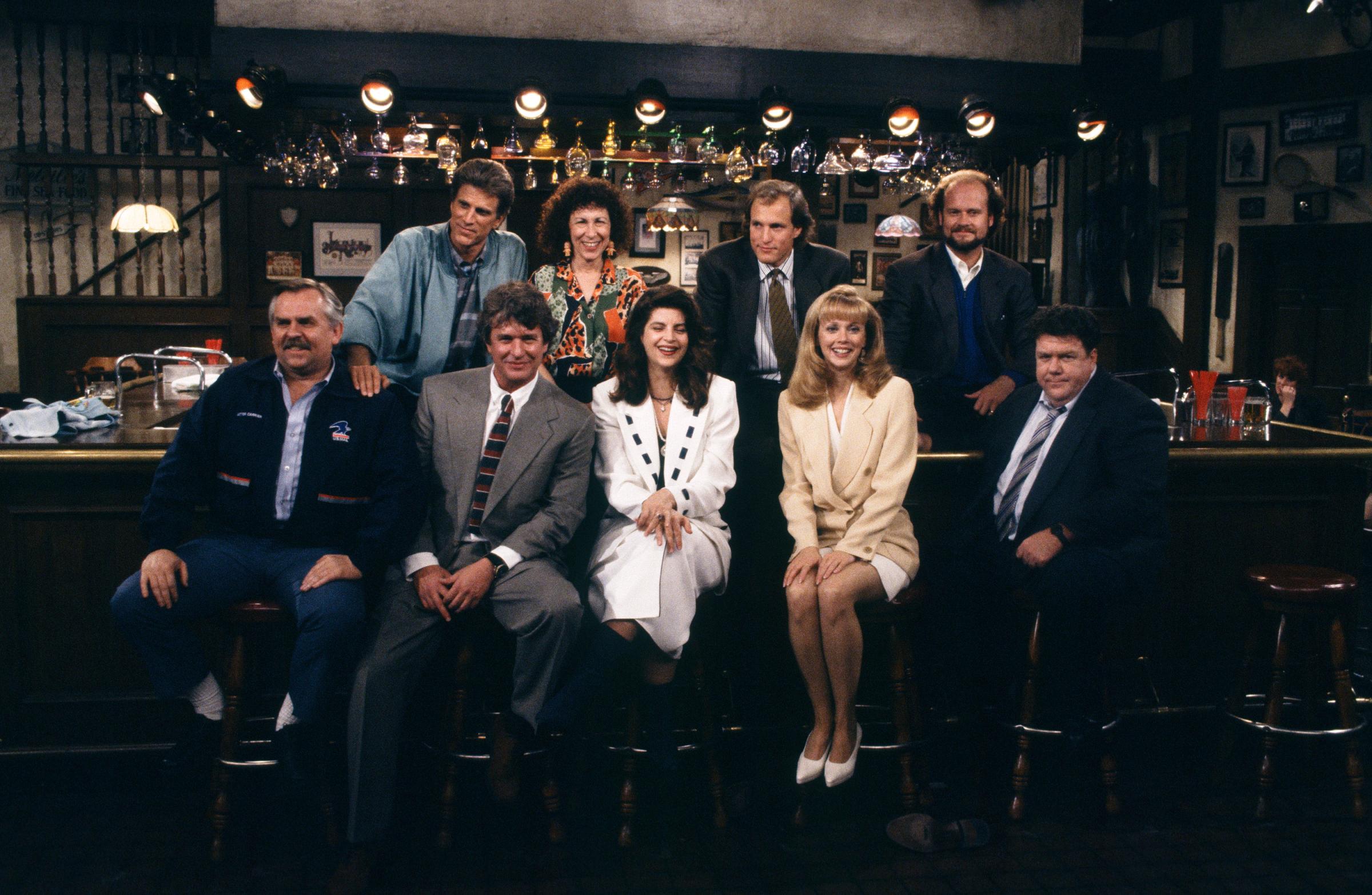
In the real world, people tend to look at bar work as a stepping stone to bigger and better things. And it’s arguable that Cheers did that not only for the actors invovled (Kelsey Grammar, Woody Harrelson, and Ted Danson, among the standouts), but also for other shows that came after. (Spinoff Frasier enjoyed an eleven season run.) The live-recorded show established Thursday nights as the time for must-see TV, and it provided a template both for the odd ensemble casts (Seinfeld) and hang-out sets (Central Perk in Friends and McSorley’s in How I Met Your Mother) that would follow. In the real-world, Cheers helped define Boston’s late ’80s identity. As a result, The Bull and Finch Pub, the bar that Cheers was modeled on and has since adopted the more famous name, is one of the city’s most popular destinations. It makes sense. You want to go where everybody knows your name.
9. Genco Pura Olive Oil Company
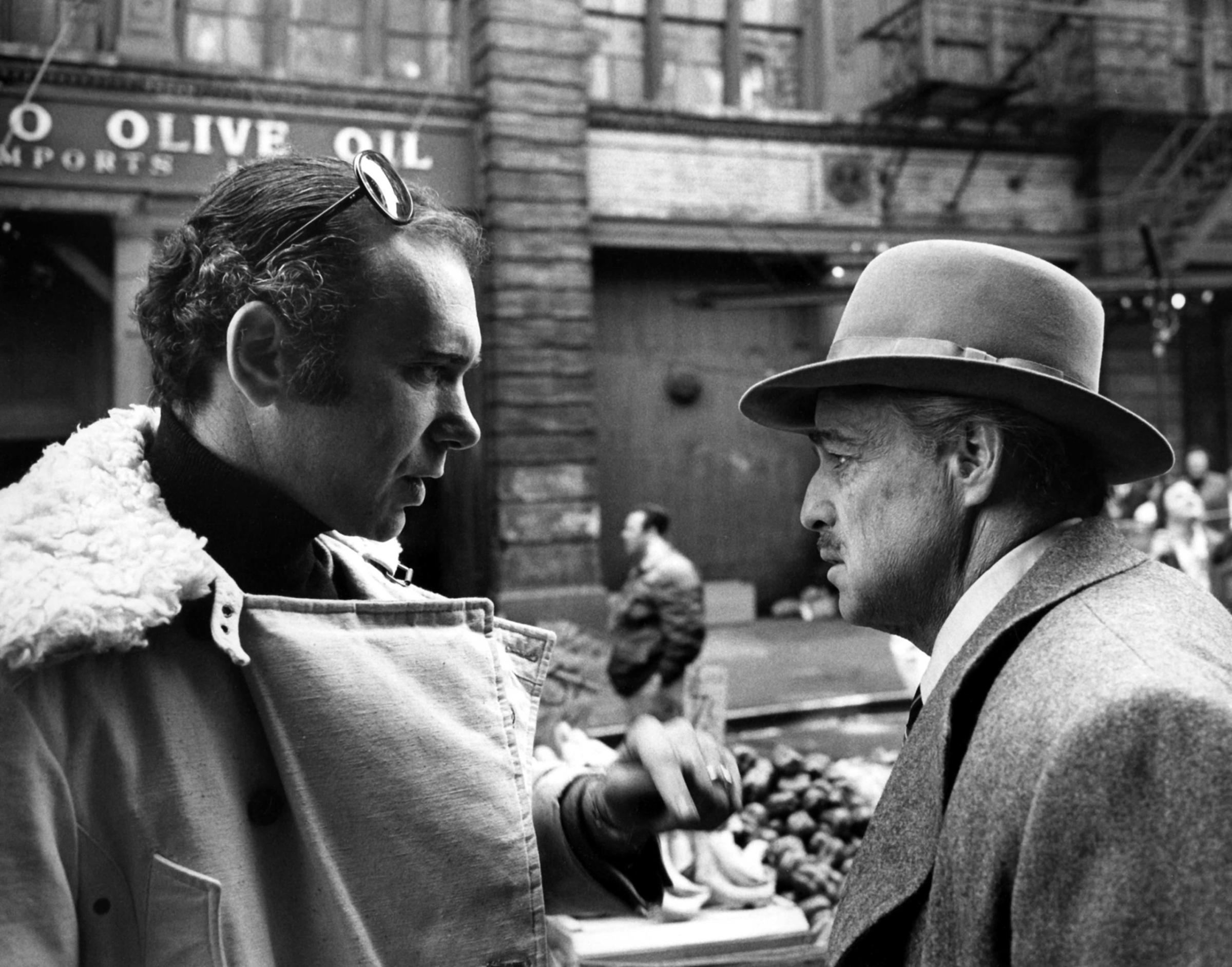
The front company formed by The Godfather’s Vito Corleone in the 1920s, named after consigliere Genco Abbandando and headquartered on Mott Street in Little Italy, grew to become the largest olive-oil importer in the U.S. The fictional firm introduced Americans to the organizational structure of the mafia, with its emphasis on familial fealty, the Italian custom of raccomandazioni, or political favor for favors, and recourse to extra-legal justice for immigrants when all higher authority was inaccessible or corrupt. (The also fictional Olive Oil Wars for control of New York crime in the Godfather universe were based on the real-world Castellammarese War for underworld supremacy in the 1930s.) Genco’s influence stems from uncovering—and lionizing—a profitable alternative to the Protestant work ethic.
10. The New York Inquirer
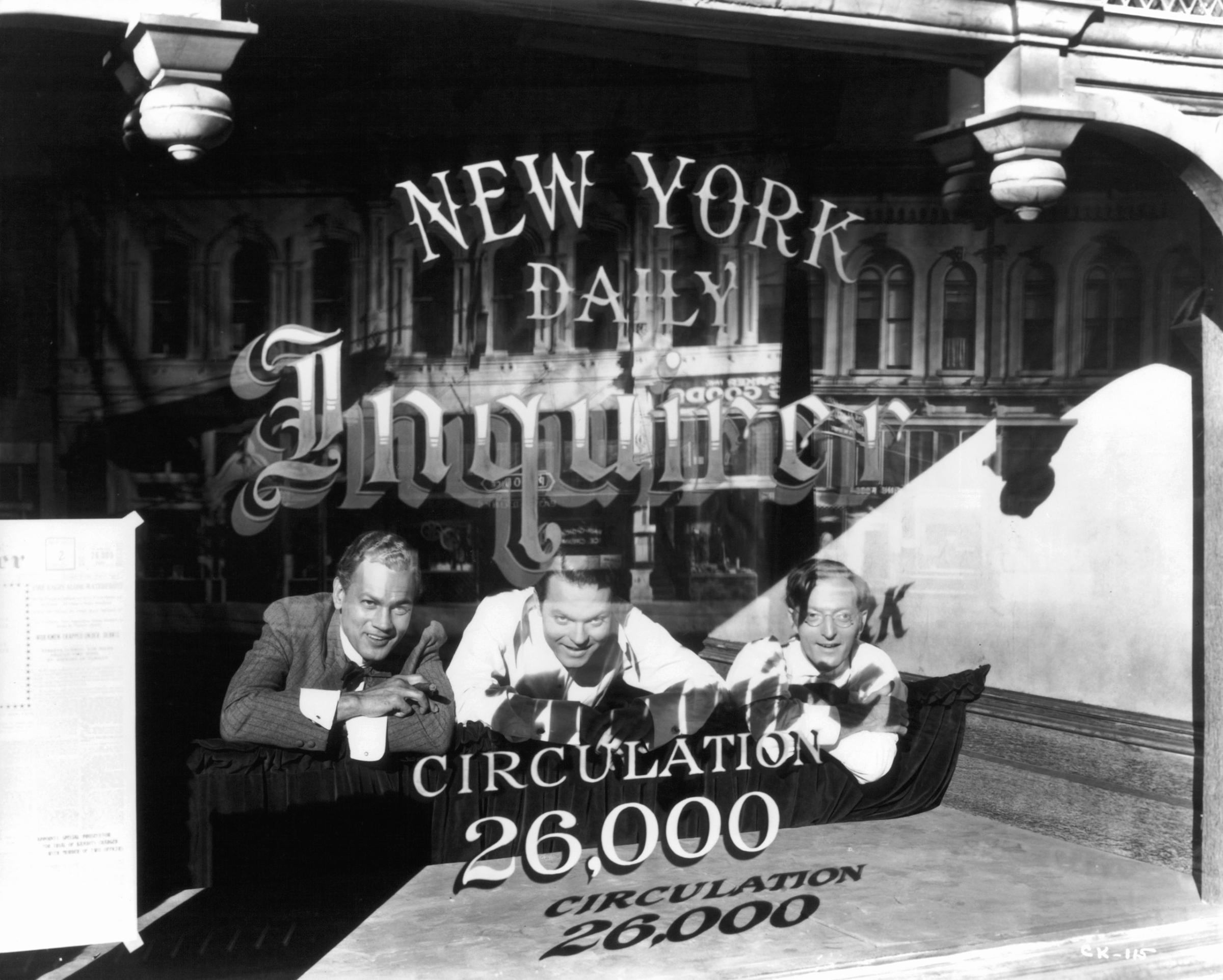
“You provide the prose poems,” bellows Orson Welles’ Charles Foster Kane, combining both the fantastical hubris and real power of turn-of-the-century press barons, “I’ll provide the war.” Welles and co-screenwriter Herman Jacob Mankiewicz created Kane in 1941 by amalgamating the traits of a uniquely American species of media magnate including Joseph Pulitzer, Herbert Bayard Swope and, most of all, William Randolph Hearst, who like the film’s protagonist ended up in self-imposed, palatial exile. It seems no accident the most influential film in American history traces the life of a business tycoon—one who generated fabulous wealth by combining arriviste entrepreneurship with mass culture (and who was ultimately done in by a financial crisis). No surprise either that semi-fictional accounts of the billionaires of subsequent ages—Wall Street’s Gordon Gecko, The Social Network’s Mark Zuckerberg—have all had a Wellesian cast no matter what business they dominated.
11. Duff Beer
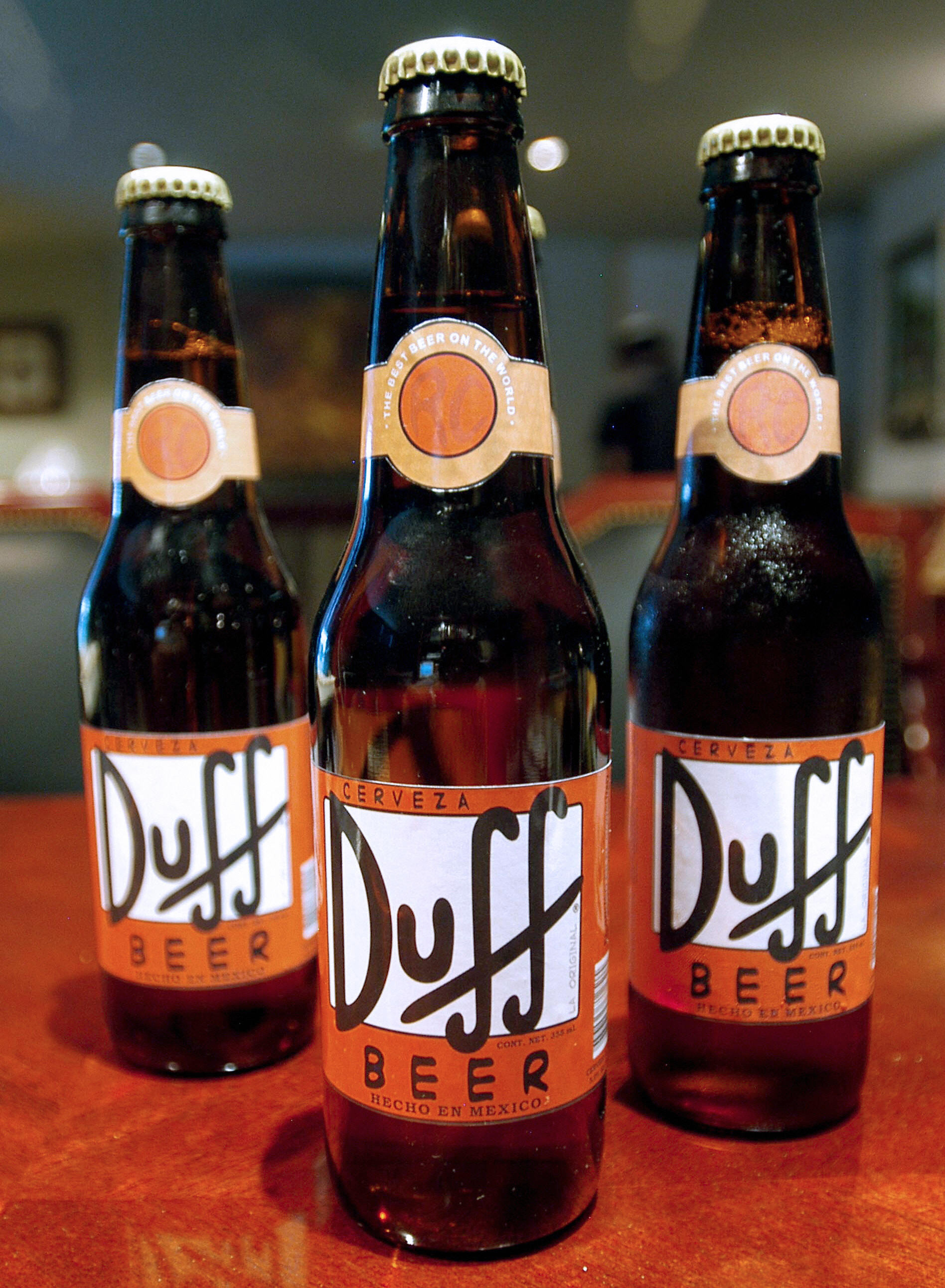
Essentially the Budweiser of The Simpsons universe, Duff Beer is everyman Homer Simpson’s brew of choice — he once famously proclaimed alcohol to be “the cause of, and the solution to, all of life’s problems.” But Duff Beer’s popularity extends well beyond Springfield. Numerous lawsuits have been filed against companies that have attempted to market a real-life version of “that wonderful Duff!” It wasn’t until last 2015 that 21st Century Fox announced plans to bring an officially licensed version of the much sought-after beverage to South America.
12. Bubba Gump
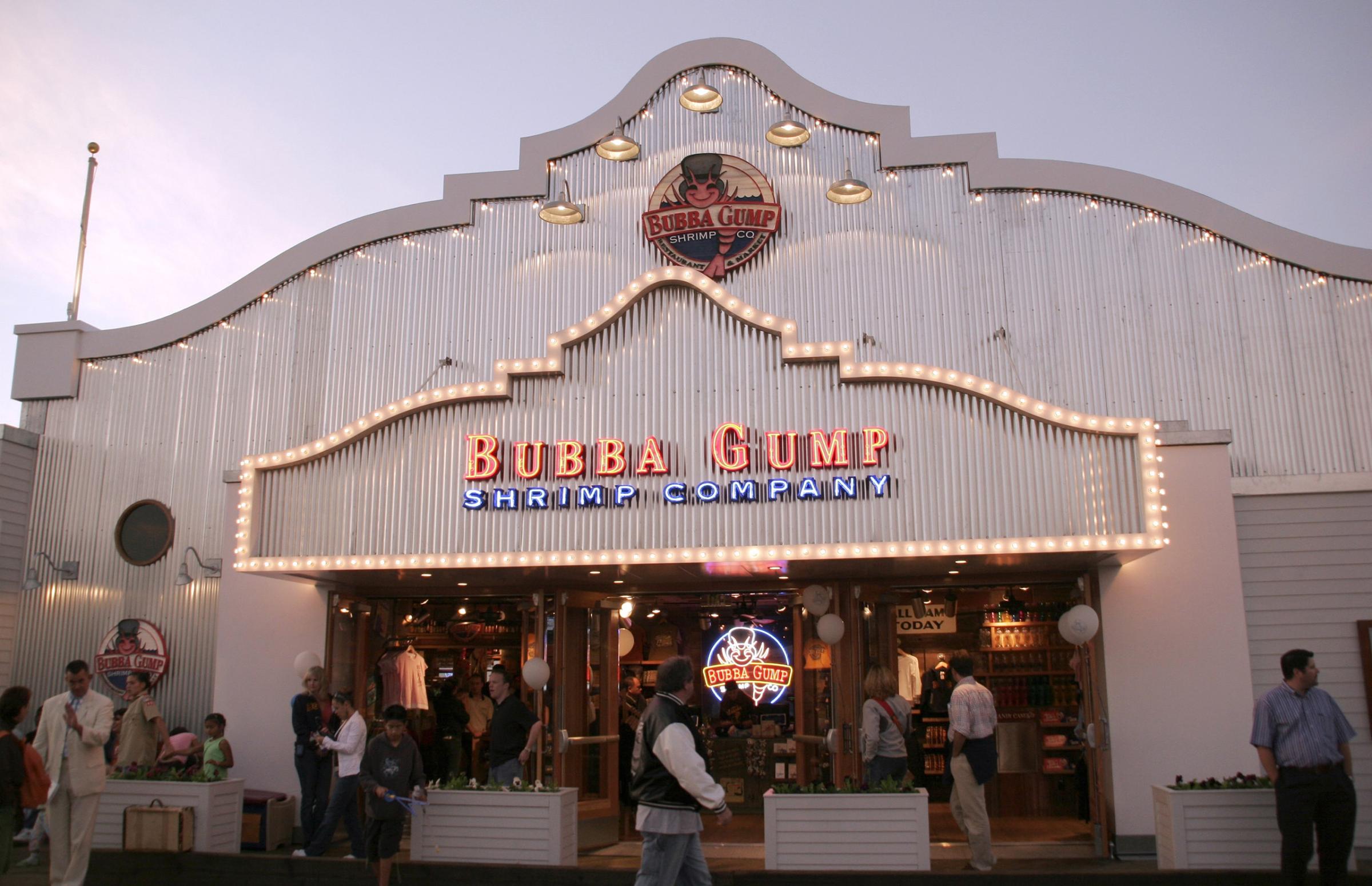
Life may not be like a box of shrimp, but it’s sometimes like a film studio turning an iconic movie locale into an internationally successful chain of seafood restaurants. Half-named after the eponymous protagonist of 1994 dramedy Forrest Gump, the fictional Bubba Gump Shrimp Company makes Tom Hanks’ character rich. The real world franchise opened in 1996, and lets you signal waiters with signs that read “Run Forrest Run” and “Stop Forrest Stop.”
13. Olivia Pope & Associates
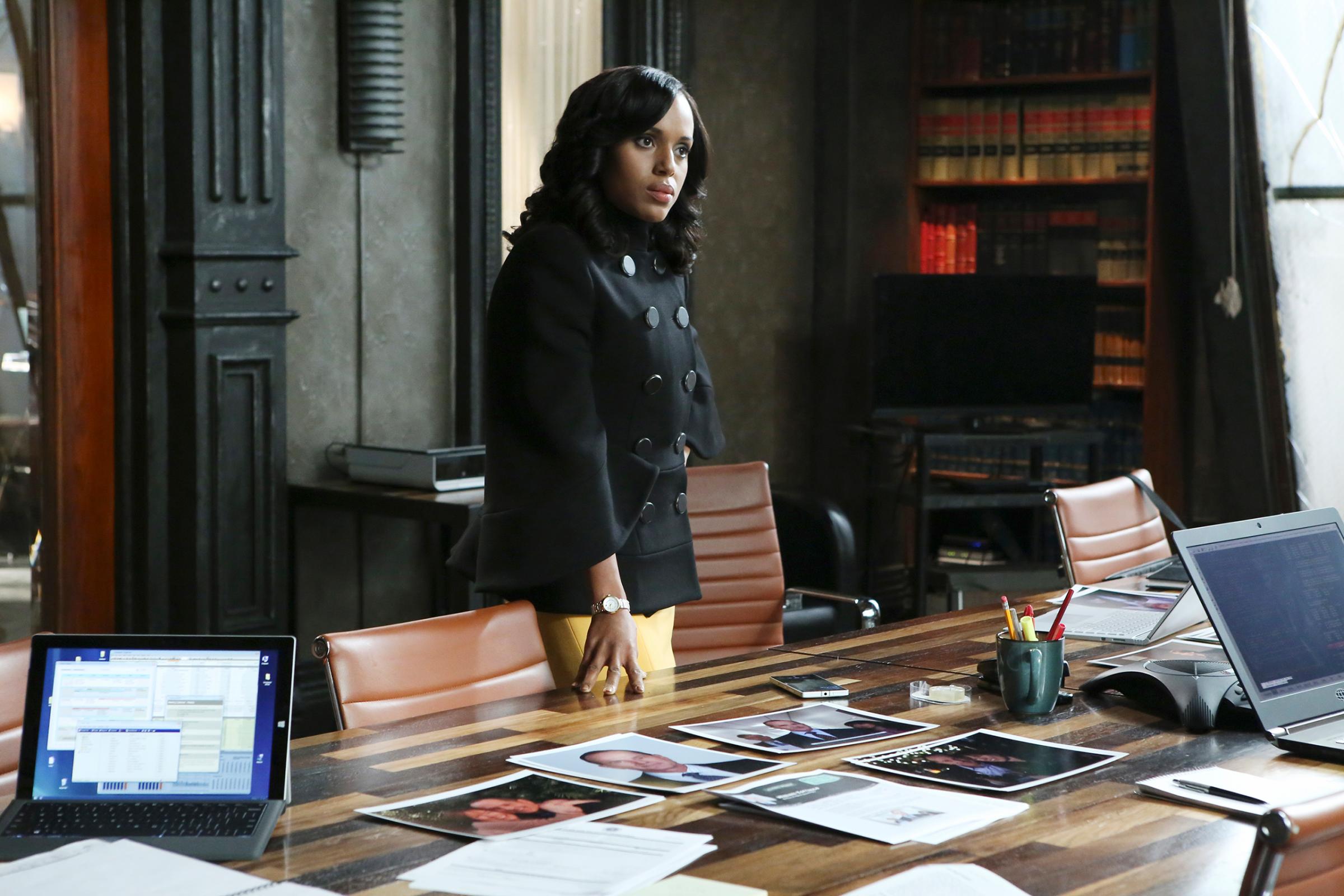
Olivia Pope & Associates is, within the world of Scandal, truly in a class by itself. It has no meaningful competitor, unless one counts the truth. Run by Pope herself, the company uses assets from surveillance expertise to a wetwork expert to cover up the deeds of the misbehaving, seek justice for the mistreated, and above all to ensure the stability of President Fitzgerald Grant’s administration. Pope, who was crucial in the vote-rigging operation that stole the presidency for Grant, continues to pursue expansion opportunities for O.P.A.: She’s currently bringing years of experience in crisis management to bear on the presidential campaign of Grant’s ex-wife. The firm affords a look at the very real, very shady organizations we all suspect are pulling strings behind the scene.
14. Krusty Krab
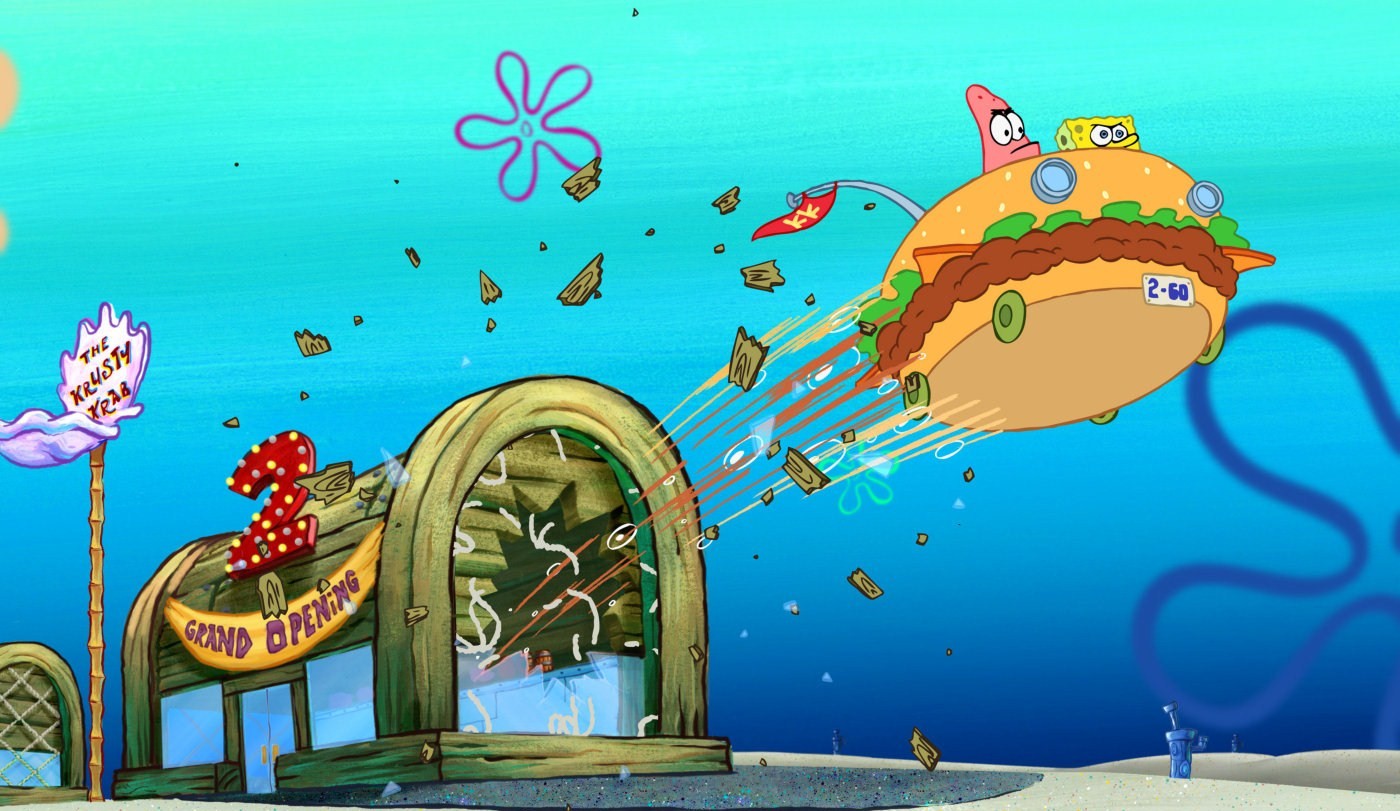
This underwater fast food joint is the centerpiece of Spongebob Squarepants, one of TV’s most popular children’s cartoons ever since its 1999 debut. Three of the show’s main characters (the always-chipper Spongebob, the down-on-his-luck Squidward, and the penny-pinching Mr. Krabs) work at the restaurant, making it the backdrop for most of the series’ most popular episodes. The fictional eatery even inspired several real-life establishments — a lawsuit from Nickelodeon parent company Viacom shuttered one replica in Houston.
15. Sterling Cooper
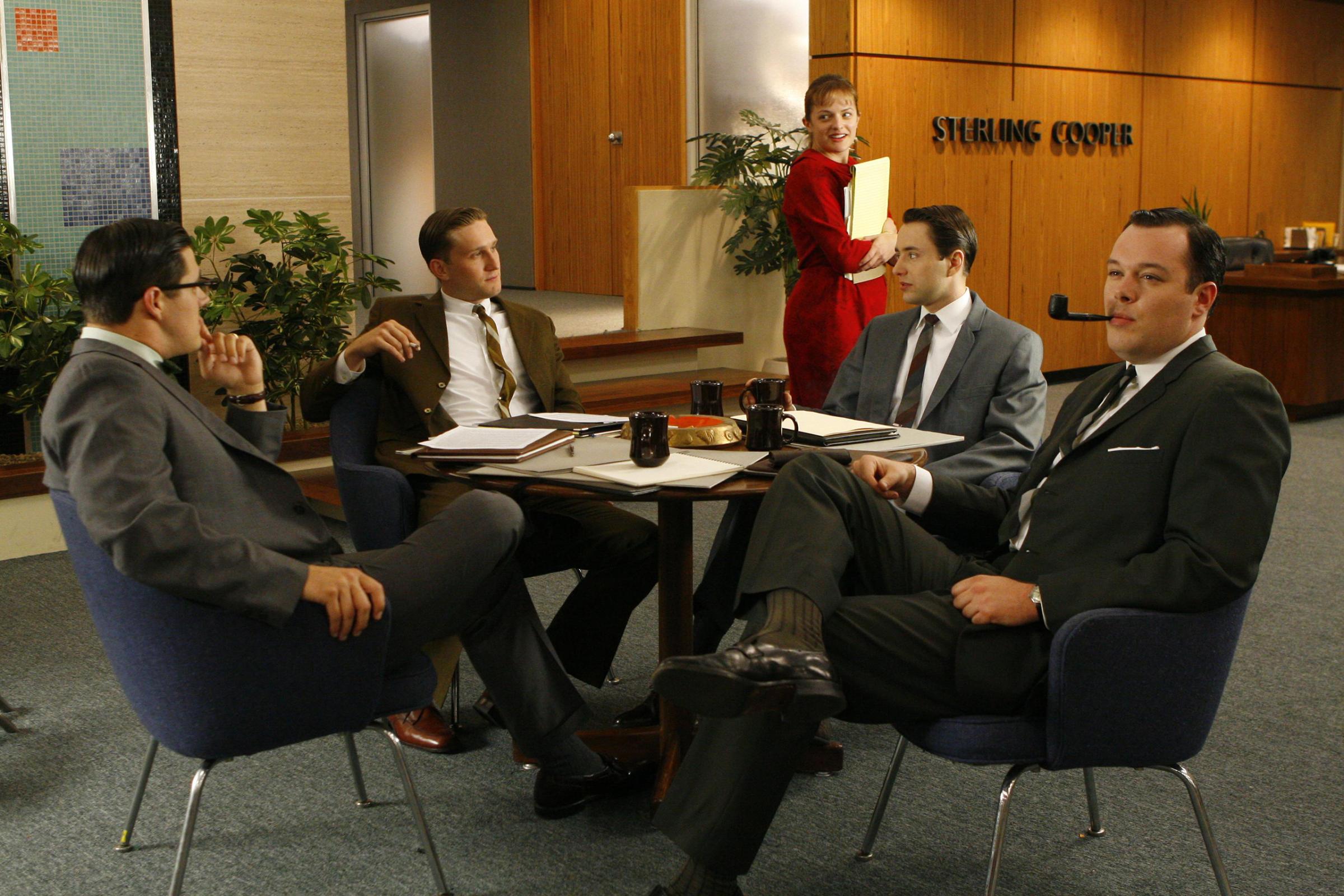
Though the Madison Avenue ad agency has its ups and downs over the course of Mad Men (it goes through several iterations, including Sterling Cooper Draper Price and Sterling Cooper & Partners), it’s plucky enough to get top clients like Chevrolet, Playtex and Kodak. The agency proved powerful in the real world, too: a plot point featuring Pond’s, for instance, lured Unilever into creating themed ads to run alongside the AMC program.
16. Soylent
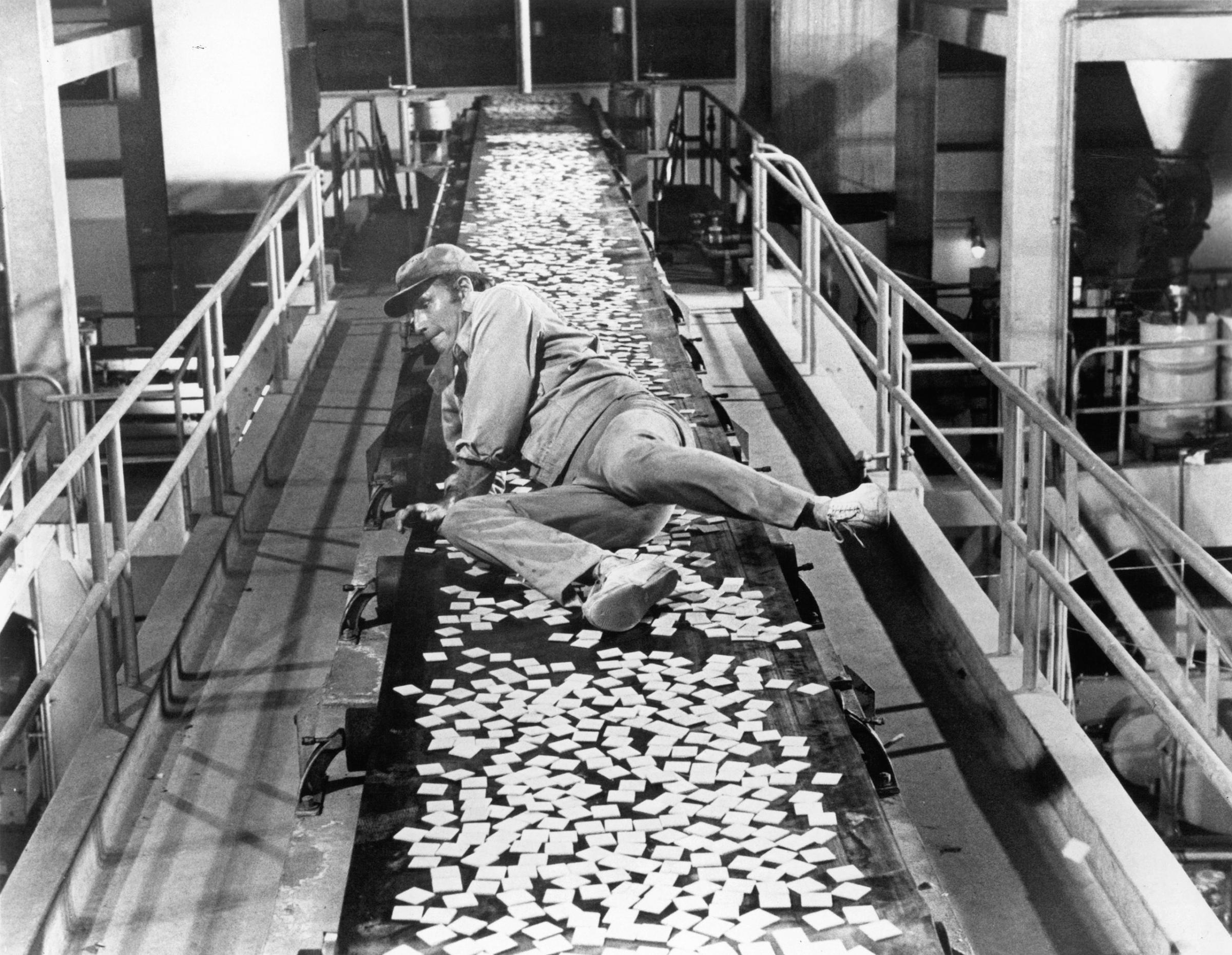
“You tell everybody … You’ve gotta tell them!” warns Charlton Heston’s harried detective Thorn in 1973 ecological parable Soylent Green. In the film, set in the early 21st century after humans have all but destroyed the planet, the Soylent Corporation distributes “Soylent Green” wafers to keep the populace fed and docile. Anyone who’s seen the film and discovered what those wafers were in fact made of has doubtless thought twice before tearing into an energy bar.
17. Hooli
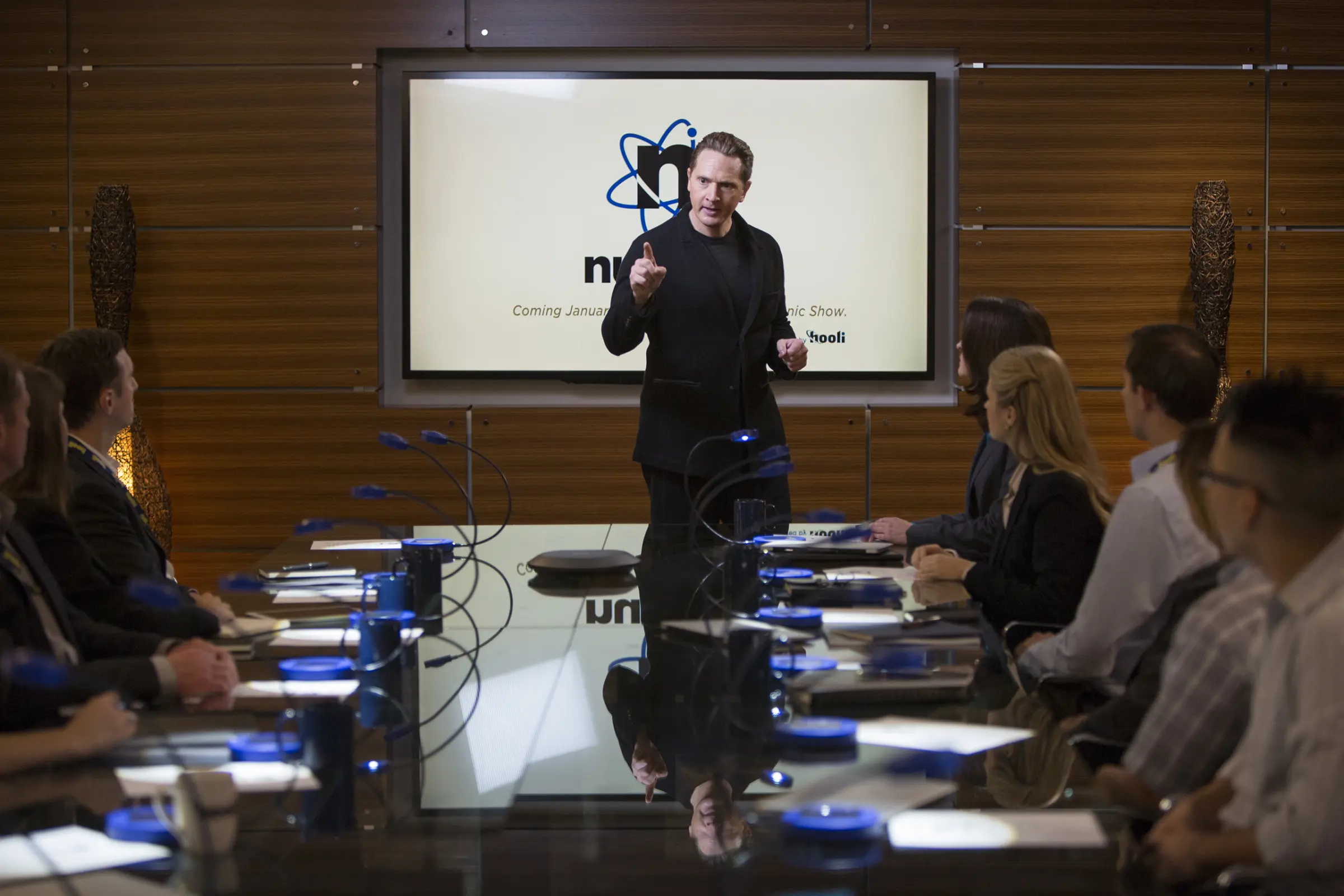
The advertising industry has Mad Men. Medical workers have House and ER and Scrubs. As of 2014, the tech industry finally has a series that accurately reflects (and pokes fun at) the struggles of making it big in Silicon Valley. Hooli is the Google-esque conglomerate from the HBO series Silicon Valley. Protagonist Richard Hendricks works there before leaving to start his own company, Pied Piper. Hooli’s depiction of corporate Silicon Valley is so accurate that Google even acknowledged it in an Easter egg last August.
18. Good Burger
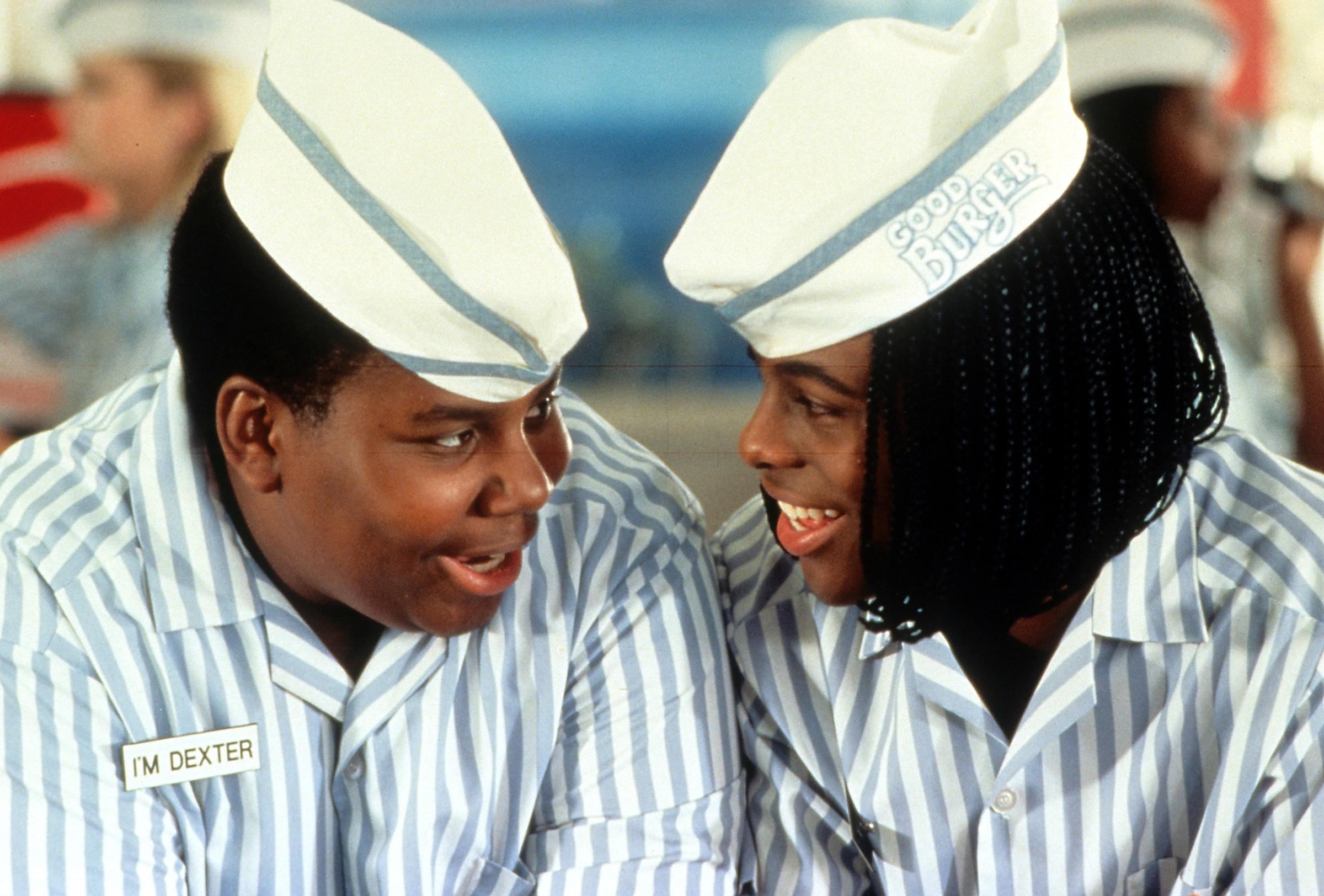
“Welcome to Good Burger, home of the Good Burger. Can I take your order?” That tagline is still buried inside the minds of millennials across America. Memorable skits like Good Burger on Nickelodeon’s All That introduced sketch comedy to an audience too young for the more mature humor on Saturday Night Live or Mad TV at the time. Britney Spears and Shaquille O’Neal are among Good Burger’s most famous patrons.
More Must-Reads from TIME
- Why Trump’s Message Worked on Latino Men
- What Trump’s Win Could Mean for Housing
- The 100 Must-Read Books of 2024
- Sleep Doctors Share the 1 Tip That’s Changed Their Lives
- Column: Let’s Bring Back Romance
- What It’s Like to Have Long COVID As a Kid
- FX’s Say Nothing Is the Must-Watch Political Thriller of 2024
- Merle Bombardieri Is Helping People Make the Baby Decision
Write to Matt Peckham at matt.peckham@time.com